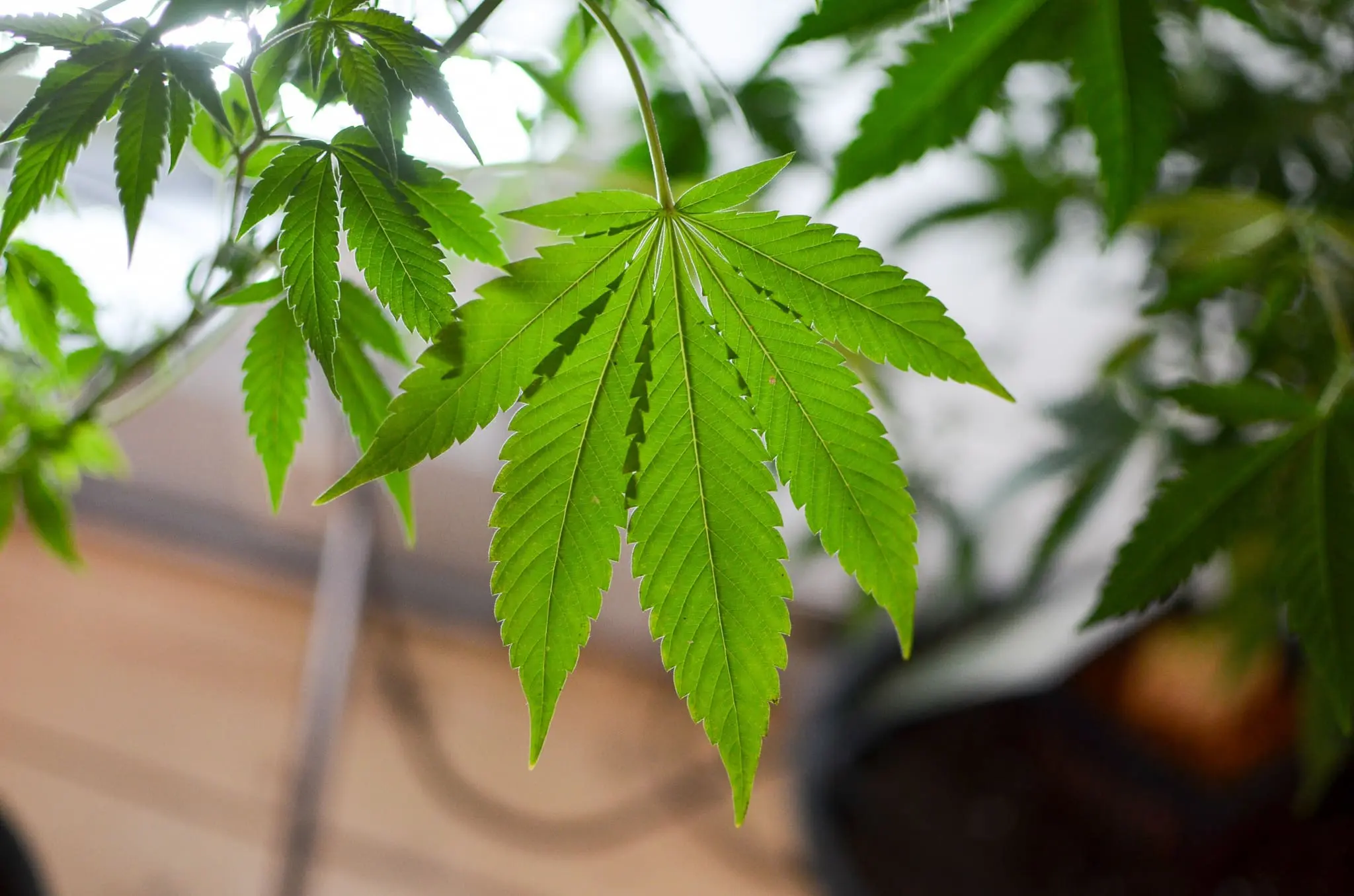Politics
Feds Call Marijuana A ‘Deadly’ Drug And Say Even Medical Cannabis Has ‘Serious Consequences’

Federal officials are calling marijuana a “deadly” drug—touting their efforts to seize it and other illegal substances—while also warning that possessing cannabis, even for medical use, carries “serious consequences.”
As President Donald Trump considers a cannabis rescheduling proposal—and after he posted a video on the health benefits of CBD—the Department of Homeland Security (DHS) and Customs and Border Protection (CBP) are sending a conflicting message about cannabis.
In a press release about an August “surge” in drug seizures that was sent out on Tuesday, DHS said that CBP, as part of its “mission to stop harmful drugs from entering the United States,” was announcing that “seizures of deadly drugs—including fentanyl, cocaine, heroin, methamphetamine, and marijuana—increased substantially from July to August.”
That rhetoric as it concerns marijuana departs from how most people view and compare the plant with the other listed substances that can be associated with overdose deaths. By the federal government’s own admission in the past, cannabis has not on its own caused a fatal overdose.
“Cartels are increasingly desperate to keep doing business, but the Trump Administration is stopping their deadly operations,” CBP said.
While looping together marijuana and drugs like fentanyl might raise eyebrows, cartel-related crime associated with cannabis has been a consistent talking point in Congress. In fact, it was the subject of a House Homeland Security Subcommittee on Oversight, Investigations, & Accountability hearing last month that focused on a so-called “invasion” of Chinese and Mexican cartels via illicit cannabis operations.
“Secretary Noem and the Department of Homeland Security are fulfilling President Trump’s promise to make America safe again by dismantling drug cartels and stopping the flow of deadly drugs into American communities,” DHS Assistant Secretary Tricia McLaughlin said. “Thanks to President Trump, fewer American families will be torn apart by addiction, fewer lives will be lost to overdoses, and fewer profits will go to violent cartels.”
Separately, CBP posted a reminder on social media on Tuesday that cautioned travelers against bringing cannabis across the border.
“Attention, travelers! Did you know that marijuana is still a controlled substance under U.S. federal law?” it said. “This means that selling, possessing, producing, or distributing both medical and recreational cannabis is illegal!”
“Think twice before crossing the border with marijuana. Doing so could lead to serious consequences like seizure, hefty fines, or even arrest!” it said. “Plus, it might affect your ability to enter the U.S. Stay informed and safe and #KnowBeforeYouGo.”
The messages from DHS and CBP aren’t entirely surprising, as the agencies have maintained a staunch criminalization mentality when it comes to cannabis even amid reconsideration of the federal scheduling of marijuana and other comments from the president suggesting that there are outsized penalties for possession and use of the plant.
Back in January, for example, DHS and CBP urged a federal court to dismiss a lawsuit from licensed New Mexico marijuana businesses who claimed the agencies have been unconstitutionally seizing state-regulated marijuana products and detaining industry workers at interior checkpoints.
CBP’s actions against state-legal marijuana business has also received pushback from other members in Congress as well.
In 2023, the agency also published an overview of issues related to the non-intoxicating cannabinoid CBD, warning that such products remain unregulated and may contain concentrations of THC that could show up in a drug test for employees.
However, CBP did update its workplace policy last year, narrowing the window of employment ineligibility over past marijuana use from two years to three months. A GOP senator subsequently called on the agency to reverse that decision.
Photo courtesy of Philip Steffan.



